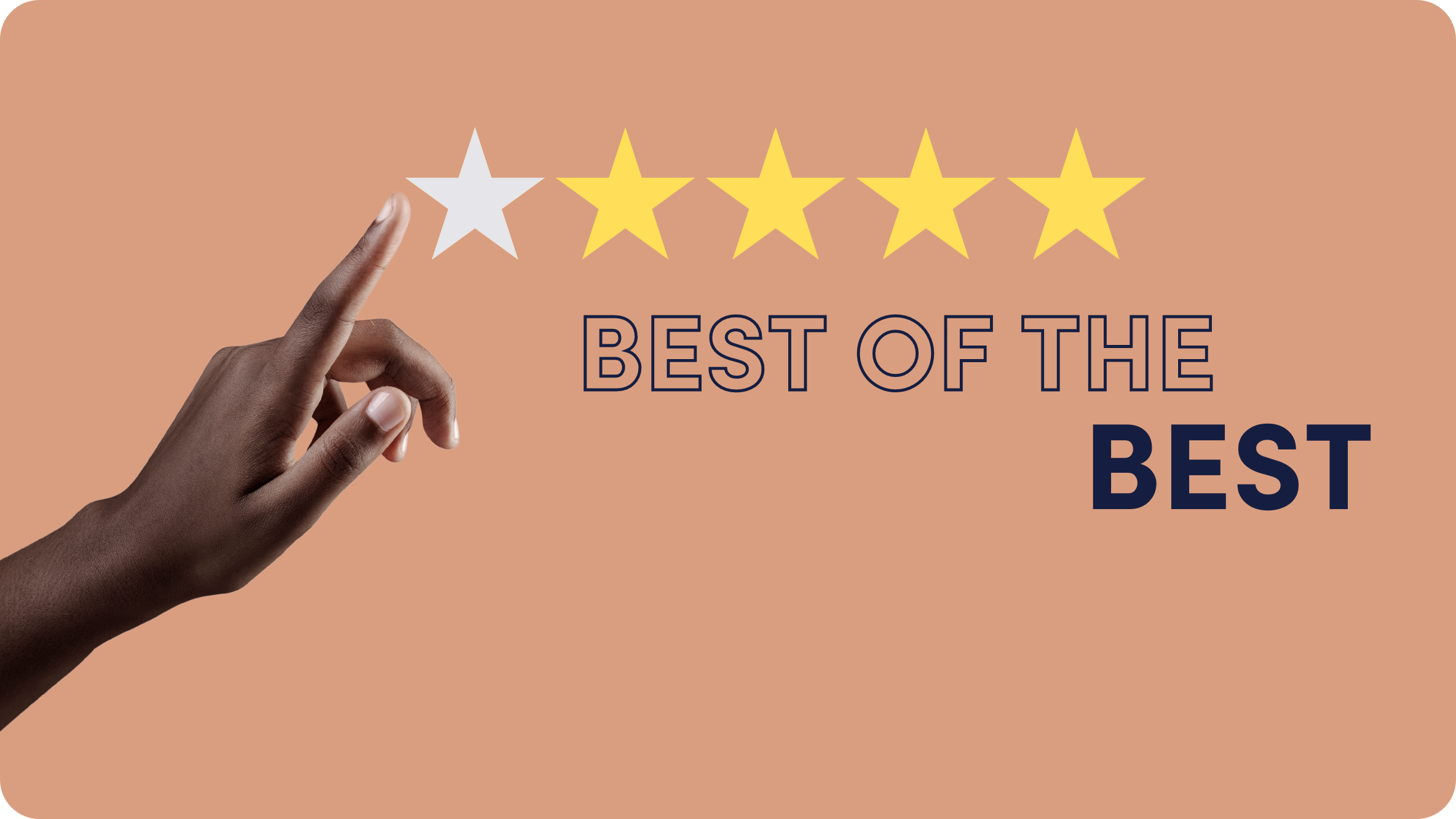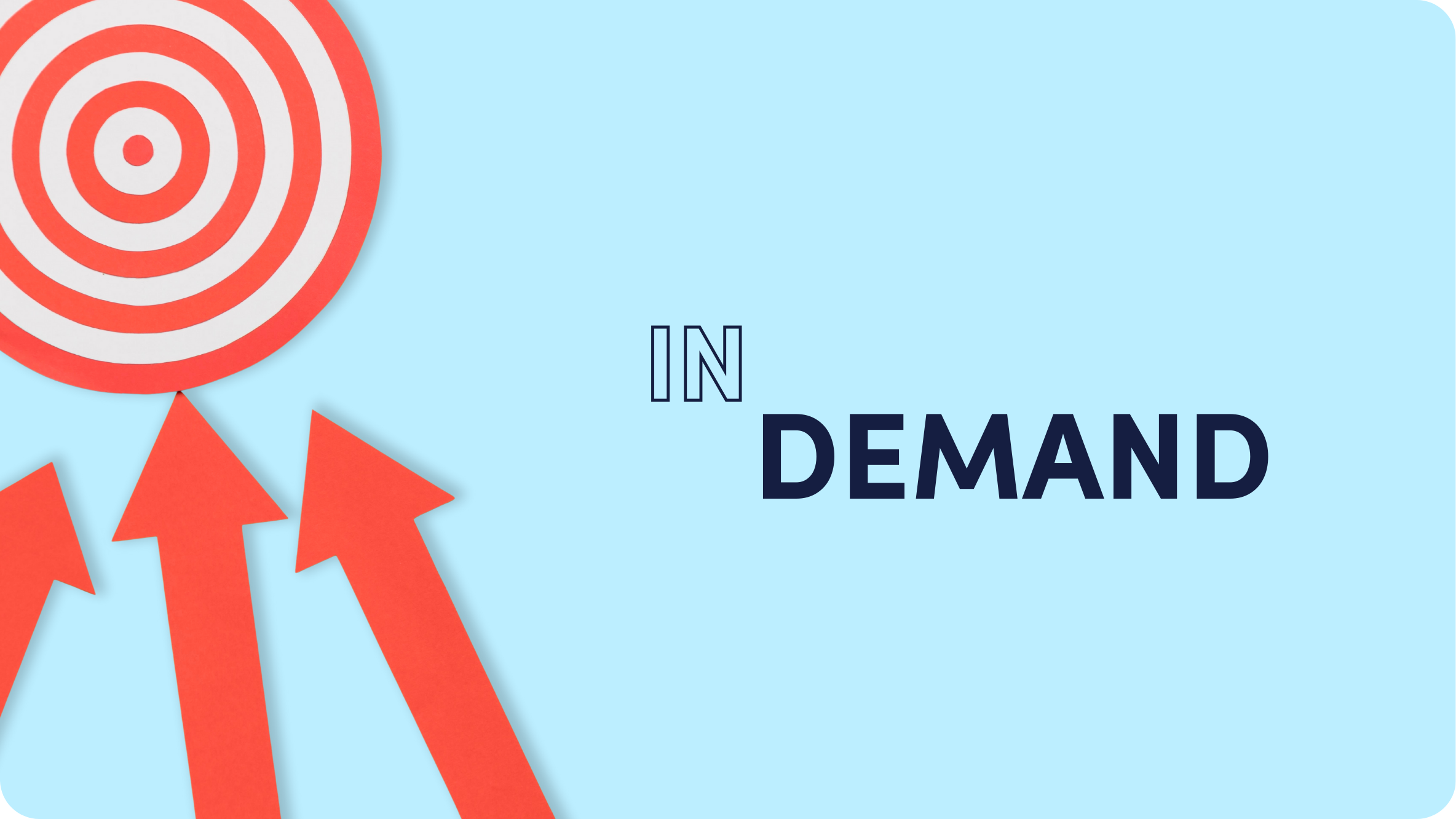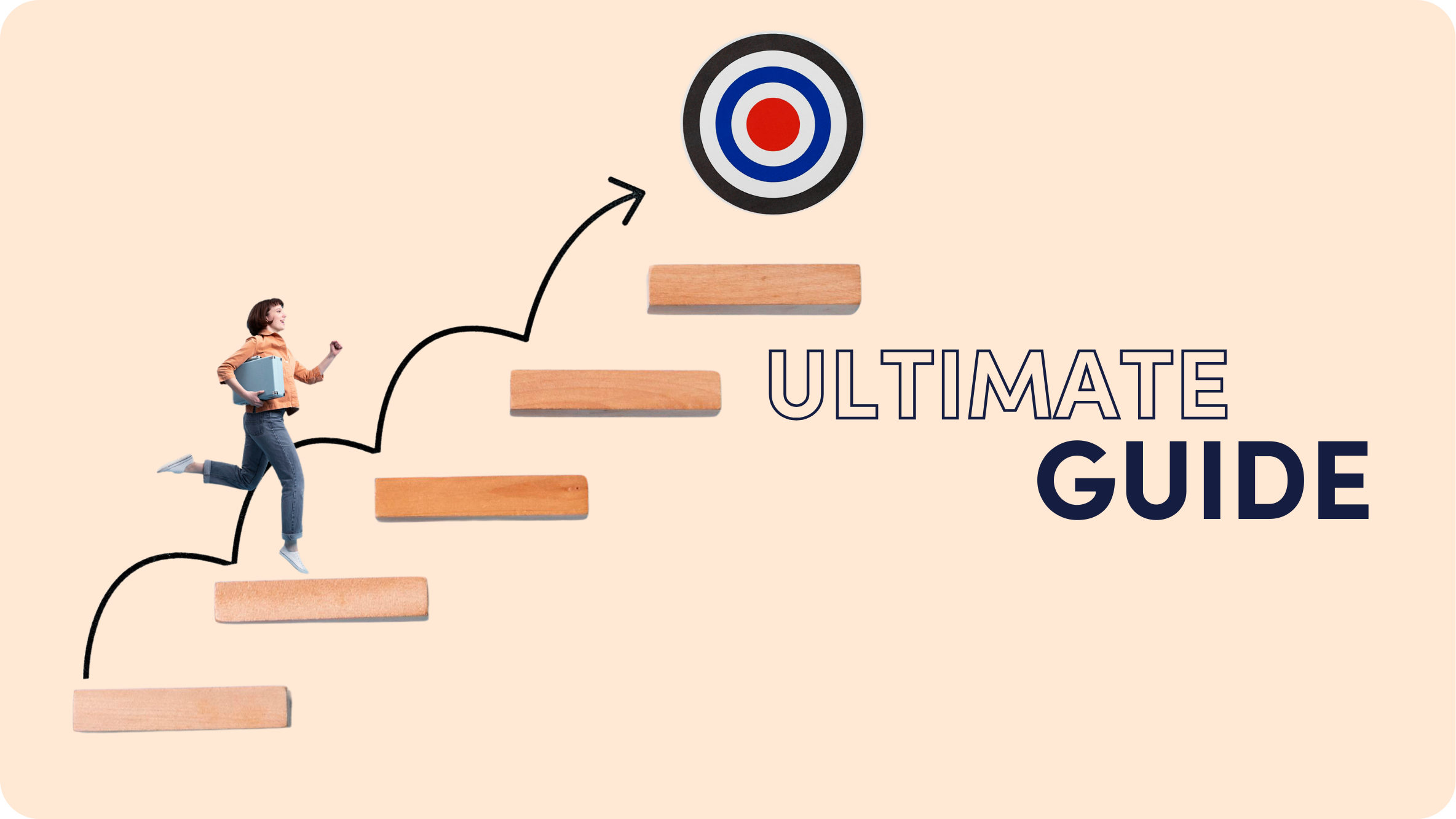5 Steps to Successfully Sponsor an Industry Event

Sawat-dee Ka, Bangkok!
Here I am, the Director of Marketing for Israel, APAC and Japan at Outbrain, on my way to Affiliate World Bangkok, where Outbrain will be a proud sponsor.
This is going to be a 2-day event, with thousands of visitors, and hundreds of exhibitors from the affiliate and performance marketing industries, all gathering together to learn, mingle, network, and build new business.
The event marks the culmination of months of work for my marketing team, and the beginning of the work for the sales and account management team.
Sponsoring an industry event is a long, and often not a straightforward process. So I’m cutting to the chase with an outline of the main points that I learned along the way, to help make your next event sponsorship easier and more effective. Make sure to bookmark these recommendations so you can refer to them whenever you need, and good luck!
1. Do your research and make sure to sponsor the right event
First, you need to find the right event to sponsor. That sounds pretty obvious, but it’s harder than you might think. If you are already familiar with a particular event (maybe you’ve attended in another capacity before), or you already have a connection with the organizer, then that’s great. But if not, then you need to look for certain signs as to whether the event is worthy.
Here are some of the things to consider when choosing an event sponsorship:
- Check out the social media profiles of the event and organizers. Who are their followers? Are they among your target audience or ecosystem? If not, this may be a red flag for you.
- Consult with your sales and account management team first. They are the ones who will be following up any leads, so cooperation with them to identify a high potential event sponsorship is key.
- Analyze your CRM data for past sponsorship campaigns. This provides you with objective data about which ones were truly successful. You can use this data to make good decisions about potential sponsorship opportunities.
- Don’t forget about language! Recently, an event organizer reached out to me, however we did not speak any common language. The fact that he couldn’t communicate at all in English was pretty key – the audience at the event would probably also not be able to communicate with our sales team. A definite dead end.
2. Look carefully at the contract
Once you’ve identified and selected an event, and received the contract from the organizers, you need to put a marketing eye to the contract. Here are the main things from a marketing perspective to watch out for:
- If you are getting a booth as part of the agreement, examine all the fine details of what’s included (furniture, screens, signage, fridge, snacks, etc), the location, and who are your “neighbors”. Remember, if your booth neighbors have big brand awareness, you’ll benefit from more foot traffic.
- If you are sponsoring a coffee stand, beer garden, or another type of refreshment stand, check exactly where it is located. Will you get lots of traffic?
- If your contract includes a speaking opportunity, be clear about exactly what this entails: for example, is your brand featured as a sponsor, or are you participating as a speaker? If you are speaking, is it a panel, presentation, or Q&A session? Also, check what time you have been allotted. (Tip: Morning is usually better than later in the day.) Check the location of your presentation. (Hint: Main stage is preferable to a breakout stage.)
- Check how many tickets/passes you will receive for your team. The more the merrier, of course!
- Read the cancellation terms carefully. In the event of a crisis, like COVID, recession, or force majeure, you want to make sure you will not be out of pocket.
- Have your legal and procurement teams review the contract. In particular, they might offer good insights about the use of your logo by event organizers, something you want to make sure you have control over.
- It is important to get the perspective of the procurement team on payment terms too. Even so, in some cases, full payment will be required a few weeks or even months before the event to secure your sponsorship.
3. Create an exciting booth design and experience
When it comes to industry events, this one is pretty well known. Your booth design will of course be largely influenced by your brand book and messaging.
Even so, here’s a few musts to consider:
- If your booth is a large one, make sure to position the designs on the walls in such a way that they can be seen at a distance and won’t be blocked by the team who are hosting the booth. If that means leaving parts of the walls plain, that’s ok.
- If your booth includes a screen, make sure to prepare a video or other visual content to showcase in advance.
- Giveaways are always a great idea for booth visitors – they make your clients and sales leads happy.
- During the event, your sales team will be on the ground, networking with leads. Make sure to provide them with a digital form or landing page that is integrated to your CRM. This will ensure you have easy access to all the lead information, from which you can produce gold (or dollars!), after the event.
4. Promote the event and your part in it
As a sponsor, you need to focus on promoting the event and bringing traffic through the doors. Hopefully, many of these will turn into scheduled meetings with potential clients during the event.
Here are some ways to promote the event you are sponsoring:
- Organic social: Advertise the event via organic posts on your social media pages. Start early, a couple of months before the date. Don’t forget to include a registration landing page to capture leads.
- Paid social: Create PPC campaigns on social media and native networks. Of course, focus on the channels and targeting of audiences who are most likely to be interested and attend the event.
- Email marketing: Create an email campaign with a link to register to the event. Send to your current lead list, or to existing customers who may be interested in attending. (Events are a great opportunity to see current clients face to face and strengthen your relationships with them.)
- Marketing collaboration: Cooperate with a media partner and ask them to promote your event using your UTM.
5. Sync your event team
During the event, the impression your brand makes will be the difference between great results and mediocre results. Here’s how to get synced with your sales team:
- Always arrive at the event the day before opening so you can check that the booth and other sponsorship stands are set up as planned and look great.
- Prepare a meeting schedule and share it with the entire team, so you all know the status at any given time, and the sales team can work to fill every slot.
- Create a schedule of shifts for who is manning the booth during all the open hours of the event. That way, everyone knows when they need to work the booth and when they can relax and mingle.
- Make sure that all the sales team members have access to the landing page for collecting leads, and that they know what it contains and how it works.
- Ensure you sync with your sales teams on dress code. For example, do you have company t-shirts that everyone should wear? Be sure that everyone is on board and brings the right wardrobe, especially if you are all traveling out of town.
Lastly, have fun!
Industry events are always such fun. If the research, planning, and preparation is done properly and ahead of time, then there is no reason why your event sponsorship should not succeed and drive the leads you are looking for. The next time you are getting ready to sponsor an industry event (or if it is your first time!), read over the tips above and get started on the exciting, challenging, and rewarding journey.











